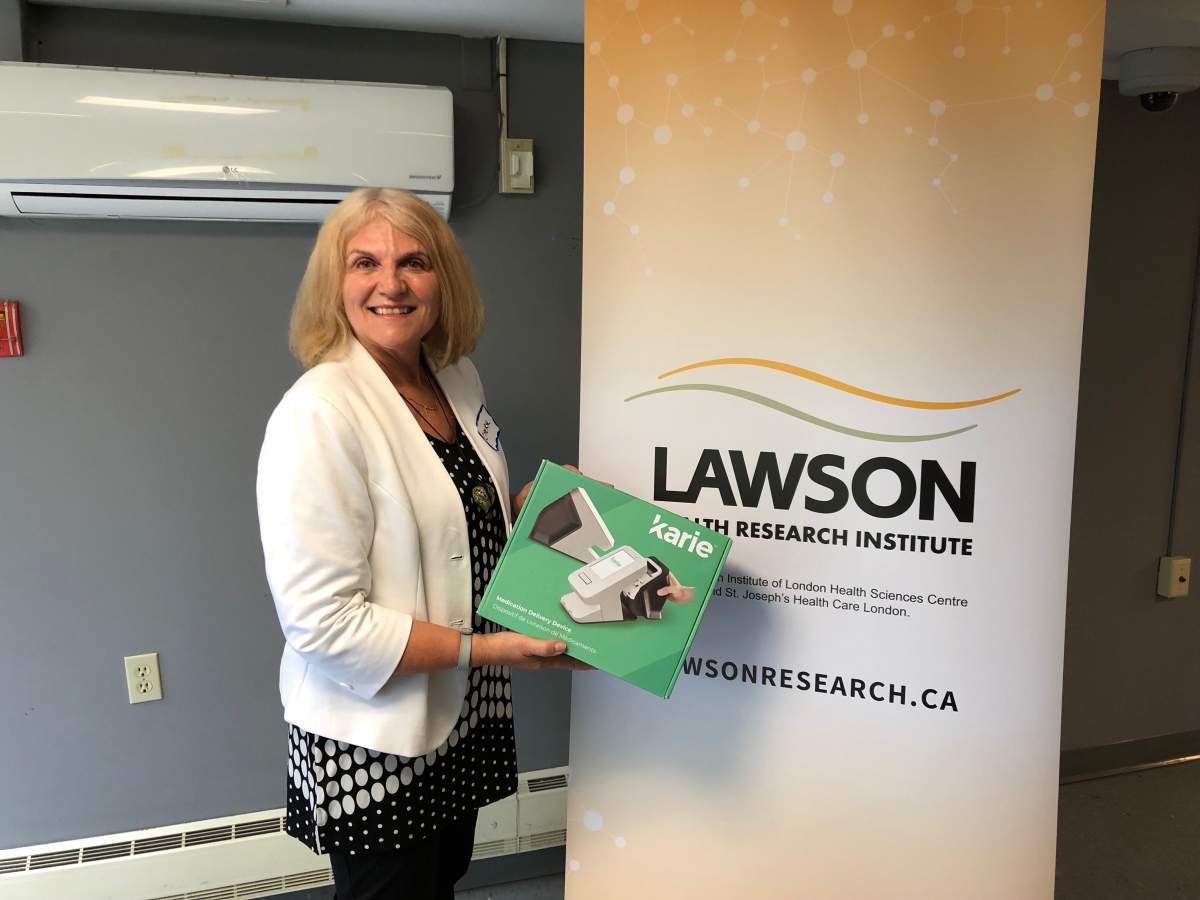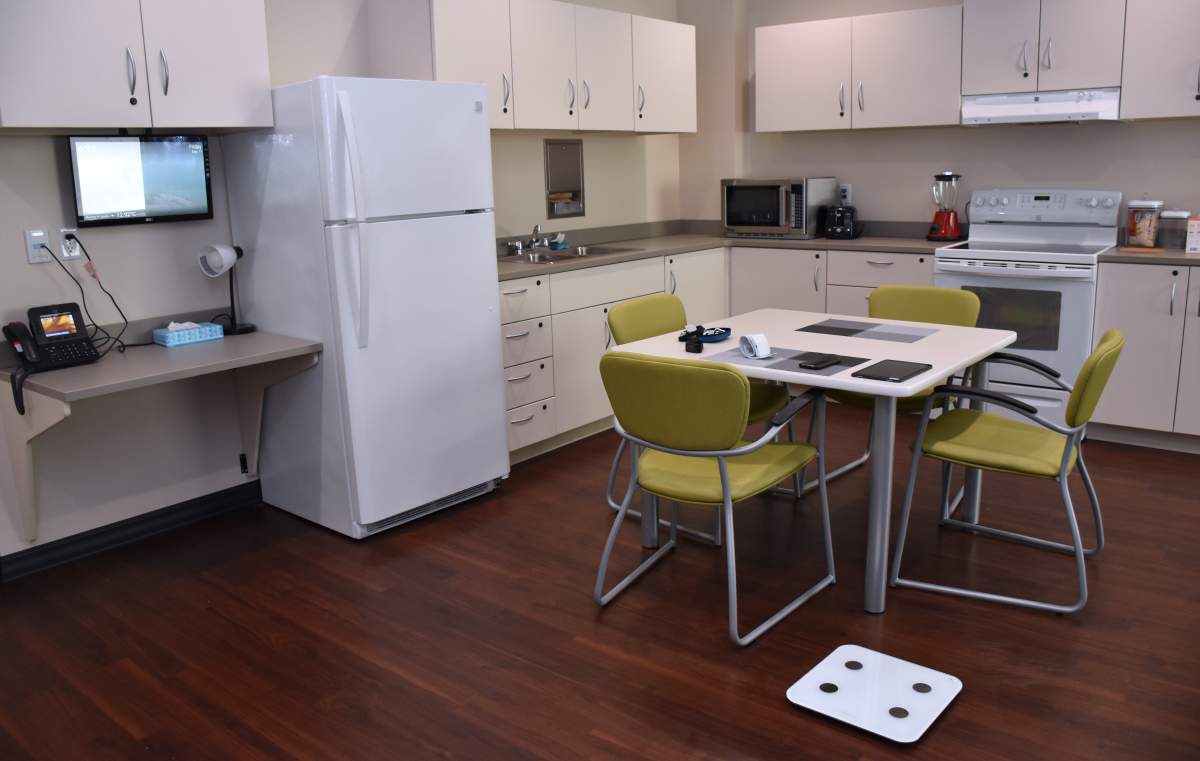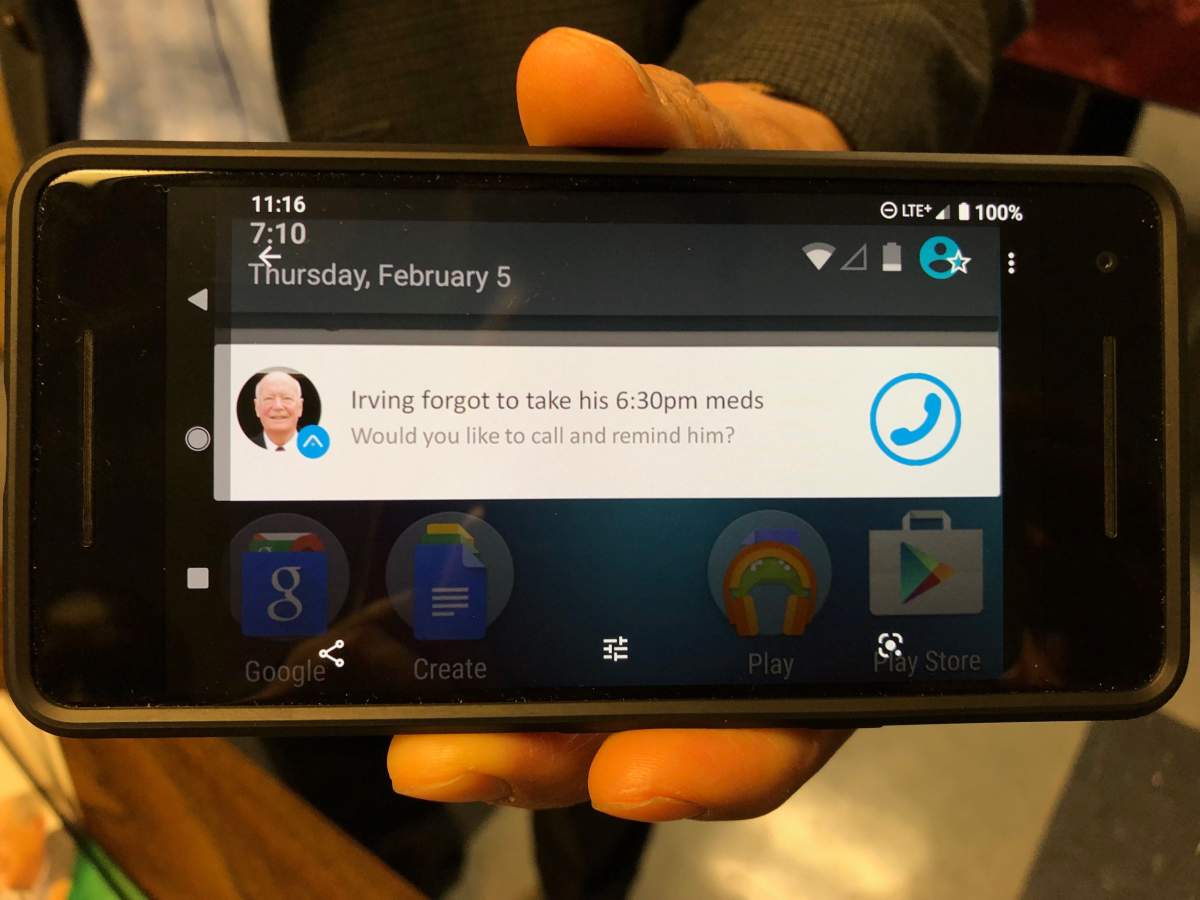London, Ont. researchers may soon offer a glimpse into the future of mental health care.

A newly-announced study from the Lawson Health Research Institute will look into how smart technology can serve those with mental illness.
Researchers will outfit eight affordable housing units from the Canadian Mental Health Association (CHMA) and the London and Middlesex Community Housing (LMCH) in the study.
Those participating will be provided with a wide range of tools, including devices to communicate with caregivers, notification systems, health monitoring devices and automated medication dispensers.
The devices employed will depend on a patient’s mental health requirements. The goal of the study is to discover what technology best suits individual needs.
Research lead Dr. Cheryl Forchuk says much of the study will focus on providing accessible care by having smart technology installed right in a patient’s home.

Get weekly health news
“They could wake up in the morning and the monitor would come up with the things that they need to remember to do that day… it’s also in communication with their care provider.” Forchuk said.
“We’re looking at things that are more embedded in the lived environment. It relies less on them and more on the environment.”
Paula Rawlinson serves on the St. Joseph’s Mental Health Care Patient Council and has lived experience with mental illness.
Rawlinson tells Global News Radio 980 CFPL that the easy-access of smart technology could have helped her with obstacles she faced in the past.
“When I was really, really ill, sometimes it was fantastic that I just got out of bed,” Rawlinson said.
The research will pick up from a ongoing study being conducted in London and St. Thomas. That study uses a prototype apartment outfitted with smart technology and has already yielded great results, Forchuk says.
“By and large they liked it.”
An initial study at affordable housing units will take place over a year.
Researchers hope to provide greater levels of independence and autonomy for those with mental illness and chronic diseases.
WATCH: Men with eating disorders face stigma in getting treatment










Comments
Want to discuss? Please read our Commenting Policy first.